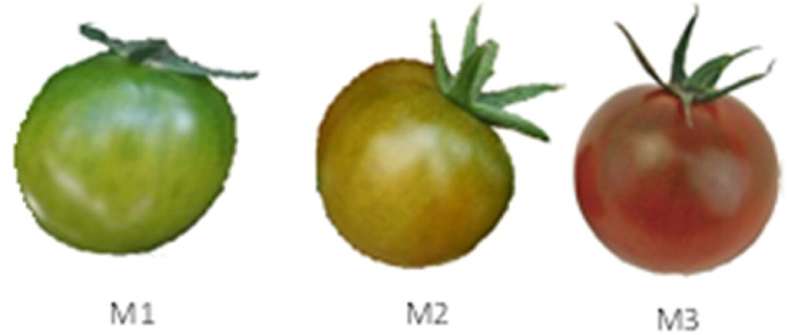Tomatoes of equal quality with less irrigation water

Researchers from the University of Seville have analyzed the impact of irrigation reduction on tomato crops. Their results show that deficit irrigation caused no significant changes in the commercial quality of the product (color, size, weight, firmness, sugars) while, at the same time, the content of healthy compounds such as carotenoids tripled.
Currently, the main challenge for the agri-food industry is the sustainable production of healthy food in line with the United Nations (UN) Sustainable Development Goals (SDGs) and other national and European policies. Both from an economic point of view and also to contribute towards feeding a growing population with dwindling resources, it is important to take the productivity of agricultural systems into account.
In this context, this study evaluated the effect of a sustainable agricultural practice, deficit irrigation, on "Sunchocola' tomatoes, characterized by their intense reddish-green colouration. Deficit irrigation consists of reducing water use while trying not to affect production. The decision on how to reduce irrigation is made on the basis of plant measurements, which enable earlier and more precise management of water stress. In this sense, the study proposes to reduce irrigation in the most resistant crop stage, controlling the level of stress in the plant, so as not to affect tomato quality and production.
Specifically, the effect of this practice on productivity, commercial quality and the content of healthy compounds (carotenoids and phenolic compounds) was studied. The results show that there were no significant changes in the commercial quality of the product (color, size, weight, firmness, sugars). Likewise, although the content of phenolic compounds decreased slightly, the presence of carotenoids tripled. This result is of great nutritional importance since the consumption of carotenoids is associated with a reduced risk of various diseases as well as cosmetic benefits.
Considering that the tomato is one of the most important crops worldwide, the efficient transfer of these results and those of other similar studies to farmers could contribute significantly to global irrigation water savings and to the production of tomatoes with a higher content of compounds that are of great importance for health and cosmetic reasons.
More information: Elena Coyago-Cruz et al, Effect of regulated deficit irrigation on commercial quality parameters, carotenoids, phenolics and sugars of the black cherry tomato (Solanum lycopersicum L.) ʽSunchocolaʼ, Journal of Food Composition and Analysis (2021). DOI: 10.1016/j.jfca.2021.104220
Provided by University of Seville




















